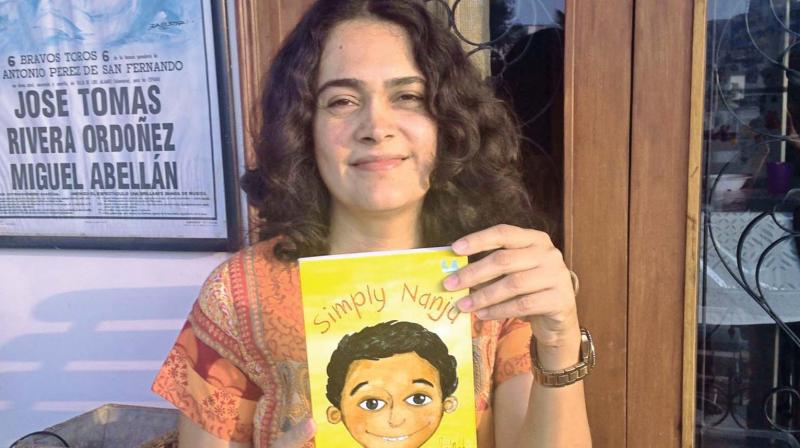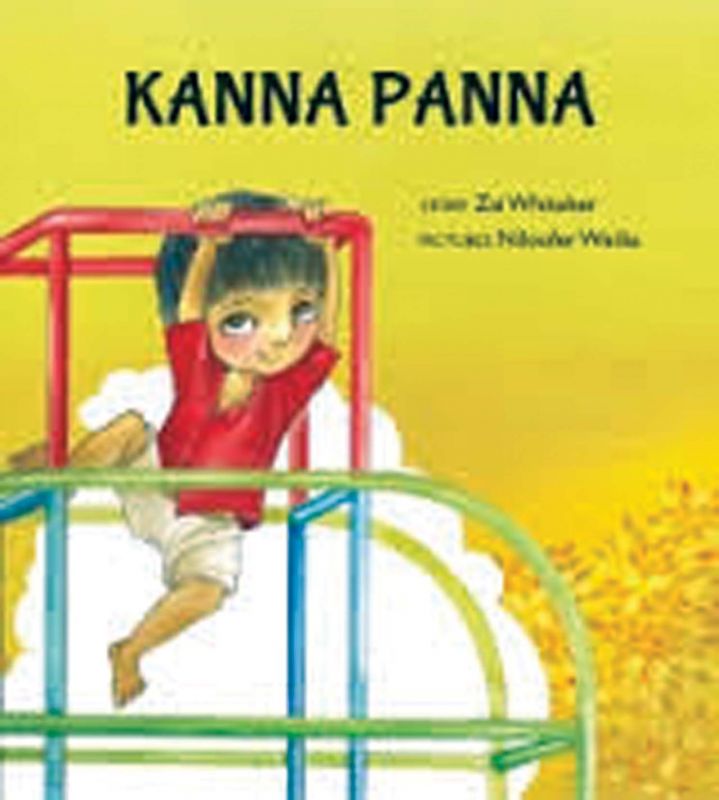Literature and inclusivity!

We often tend to miss thinking of inclusivity when it comes to literature, especially for children. For kids, especially those with disabilities, it is important to read and see works that treat them as any other child. It not only helps with creating much needed role models with the same challenges, but also in creating an acceptance that will celebrate differences. Duckbill Books, a publishing house, is hosting an event called ‘Children First’ that addresses this issue with authors such as Zainab Sulaiman, Sujatha Padmanabhan, Zai Whitaker and Shobha Viswanathan, who have contributed to such literature.
Anushka Ravishankar, the moderator for the event, says, “We feel there are not enough books in India that have protagonists who are differently abled. Children need to read about them so that they can understand that these children are, in fact, essentially like them. But for that, these books need to be written. Which is why this event is meant for writers and creators of children’s books.” She goes on to add, “During the course of our talks, we decided to conduct a competition to publish three winning entries to make sure that books dealing with specific issues are made available to readers.”
Zainab Sulaiman, the author of Simply Nanju, a mystery book set in a school for children with special needs, is one of the speakers at the panel discussion.
“Inclusion in children’s literature is sorely neglected. Widening our horizons not only helps those at the fringes but helps us broaden our own hearts and minds. Children are honest and can recognise true greatness of spirit better than adults — they just need to see more stories that ratify this truth,” she explains and adds, “Authors can make their writing more inclusive by drawing attention to characters that are ‘real’ and that are all around us, but we just don’t see them — the ‘mental’ with flowers in her hair who roams the neighbour streets but means no harm, the lonely old Uncle parked on the footpath outside his house in his favourite chair, nodding and exchanging hellos with his regulars as they go about their daily chores, the young boy who’s been selling guavas at the street corner and who’s suddenly sprung up into this six-foot giant but still wears the same shy smile: these lives are more interesting and fun to write about anyway.”
Shobha Viswanath, the co-founder and publishing director of Karadi Tales, has previously illustrated books for the visually disabled and also written a beautiful tale of an elephant with an unusually long trunk. She shares, “We have become more aware of how children’s stories are kids’ earliest windows to the world. Hence, books for children in the margin are more needed than ever.” She believes inclusion should be deftly weaved into a story. Speaking about the lack of inclusive literature, she says, “There is a fundamental lack in good quality children’s literature itself in India. I am hopeful that soon enough there will be books that cater to a diverse range of backgrounds.”


